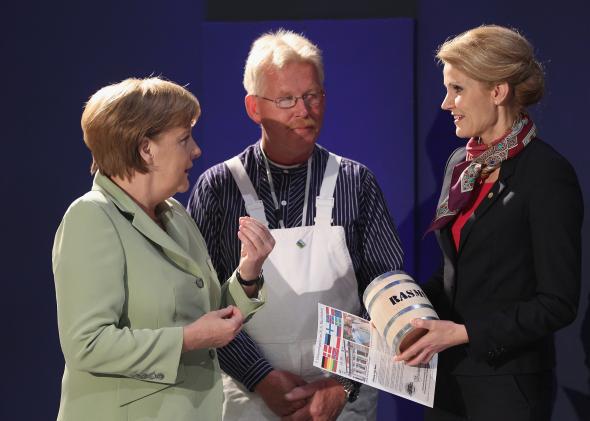Denmark has a largely state-owned company called Dong Energy (which evidently is not a funny name in Danish) that its center-left government wants to partially sell to Goldman Sachs. This is prompting a massive popular and political backlash that’s threatening to bring the governing coalition down.
The story itself may be primarily of interest to Borgen fans, but it also illustrates a broader set of issues that are plaguing the European left. The basic issue is that in Denmark, like in many other European countries, the left is divided. On the one hand you have the traditional left-wing party, the Social Democrats, who took something of a neoliberal turn back in the 1990s. Then you have a further-left party, the Socialist People’s Party, that’s gained support by standing up for what many people see as traditional values that the Social Democrats abandoned. In some countries such as Germany and the Netherlands, the traditional center-left party hasn’t found a way to collaborate politically with the further-left party, and that makes it extremely mathematically challenging to ever put a progressive coalition government in place.
Denmark bucked that trend. Social Democratic leader Helle Thorning-Schmidt formed a coalitoin with the centrist Social Liberal Party that also brought the Socialist People’s Party into government for the first time ever. That was good enough to win the election. But being in alliance with two more moderate parties has consistently forced the SPP to swallow a more moderate policy agenda than it likes. The Goldman deal with Dong Energy was the last straw—or at least a convenient issue to break over since it’s unpopular—and now they’re leaving the cabinet. The deal also looks to be a moderately bad idea in financial terms. That leaves Thorning-Schmidt with a precarious moderate government. She’s going to count on the parliamentary votes of right-of-center parties to get the Dong deal done, and then rely on the SPP for other things. And then based on current polling she’s going to lose the next election.
Again, just a story about Denmark. But also a larger story about the state of European politics. Across the continent, even when in the aggregate left-of-center parties are capable of winning a majority, they’re finding it very challenging to actually put a governing agenda together.
